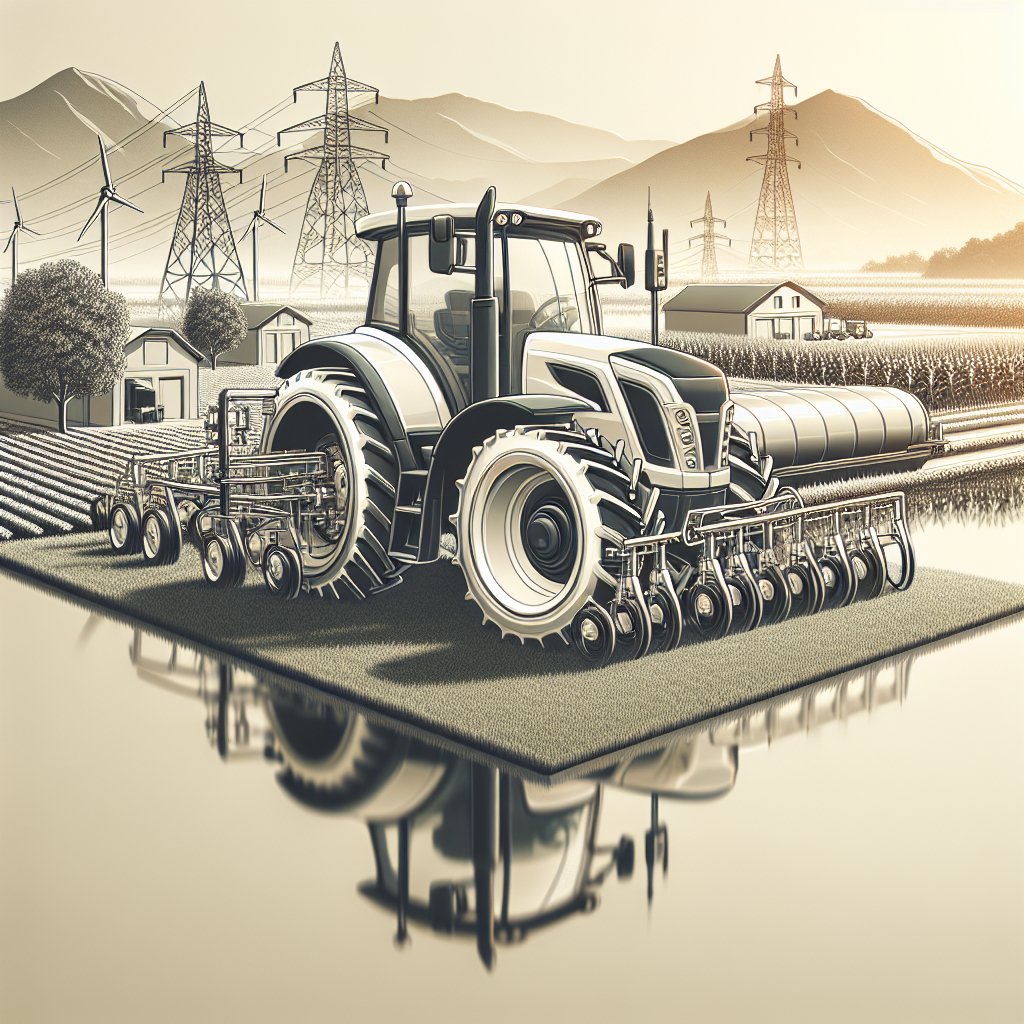Safety is paramount for tractor operators in India, where the agricultural sector plays a crucial role in the economy. With the increasing use of tractors in farming, understanding and implementing safety measures is essential to prevent accidents and ensure the well-being of operators and those around them. This article will explore various safety tips for tractor operators, focusing on best practices, equipment maintenance, and the importance of training.
Understanding the Importance of Safety in Tractor Operation
Tractors are powerful machines that can significantly enhance productivity in agriculture. However, their size and capabilities also pose risks if not handled properly. In India, where many farmers operate tractors without formal training, the potential for accidents increases. Understanding the importance of safety in tractor operation is the first step toward reducing these risks.
Accidents involving tractors can lead to severe injuries or fatalities, not only for the operators but also for bystanders. Common causes of tractor accidents include:
- Overturning: Tractors can easily tip over, especially on uneven terrain or when making sharp turns.
- Runovers: Operators may inadvertently run over individuals or animals if they do not maintain proper awareness of their surroundings.
- Equipment failure: Poorly maintained tractors can malfunction, leading to accidents.
- Improper use: Using tractors for tasks they are not designed for can result in dangerous situations.
By prioritizing safety, operators can minimize these risks and create a safer working environment. This involves not only following safety protocols but also fostering a culture of safety within the agricultural community.
Essential Safety Tips for Tractor Operators
To ensure safe operation of tractors, operators should adhere to several key safety tips. These guidelines cover various aspects of tractor use, from pre-operation checks to safe driving practices.
1. Pre-Operation Checks
Before starting a tractor, operators should conduct thorough pre-operation checks to ensure the machine is in good working condition. This includes:
- Inspecting the tires: Check for proper inflation and any signs of wear or damage.
- Checking fluid levels: Ensure that oil, coolant, and fuel levels are adequate.
- Examining safety features: Verify that all safety guards and shields are in place and functioning.
- Testing lights and signals: Ensure that all lights and indicators are operational for visibility and communication.
These checks can help identify potential issues before they lead to accidents, making them a critical part of tractor operation.
2. Proper Training and Certification
One of the most effective ways to enhance safety is through proper training. Operators should seek formal training programs that cover:
- Basic tractor operation: Understanding how to operate the tractor safely and efficiently.
- Emergency procedures: Knowing what to do in case of an accident or equipment failure.
- Maintenance practices: Learning how to perform routine maintenance to keep the tractor in good condition.
Certification programs can also provide operators with credentials that demonstrate their competence, which can be beneficial in professional settings.
3. Safe Driving Practices
When operating a tractor, following safe driving practices is essential. Operators should:
- Maintain a safe speed: Driving at a speed appropriate for the terrain and conditions can help prevent accidents.
- Be aware of surroundings: Always check for people, animals, and obstacles before moving the tractor.
- Use signals: Indicate turns and stops to communicate with others on the farm.
- Avoid distractions: Stay focused on driving and avoid using mobile devices or engaging in conversations that can divert attention.
By adhering to these practices, operators can significantly reduce the likelihood of accidents while driving tractors.
4. Equipment Maintenance
Regular maintenance is crucial for ensuring the safe operation of tractors. Operators should establish a maintenance schedule that includes:
- Routine inspections: Regularly check all components of the tractor, including brakes, steering, and hydraulic systems.
- Oil changes: Follow the manufacturer’s recommendations for oil changes to keep the engine running smoothly.
- Cleaning: Keep the tractor clean to prevent dirt and debris from causing mechanical issues.
Proper maintenance not only enhances safety but also extends the lifespan of the tractor, making it a worthwhile investment for operators.
5. Personal Protective Equipment (PPE)
Wearing appropriate personal protective equipment (PPE) is another critical aspect of tractor safety. Operators should consider the following:
- Helmets: Wearing a helmet can protect against head injuries in case of an accident.
- Gloves: Gloves can provide a better grip on controls and protect hands from injuries.
- Sturdy footwear: Wearing closed-toe shoes with good traction can prevent slips and falls.
- High-visibility clothing: Bright clothing can help increase visibility, especially in low-light conditions.
Using PPE can significantly reduce the risk of injury while operating a tractor.
Conclusion
Safety tips for tractor operators in India are essential for preventing accidents and ensuring a safe working environment. By understanding the importance of safety, conducting pre-operation checks, receiving proper training, following safe driving practices, maintaining equipment, and using personal protective equipment, operators can significantly reduce the risks associated with tractor operation. As the agricultural sector continues to evolve, prioritizing safety will not only protect operators but also contribute to the overall efficiency and productivity of farming in India.



